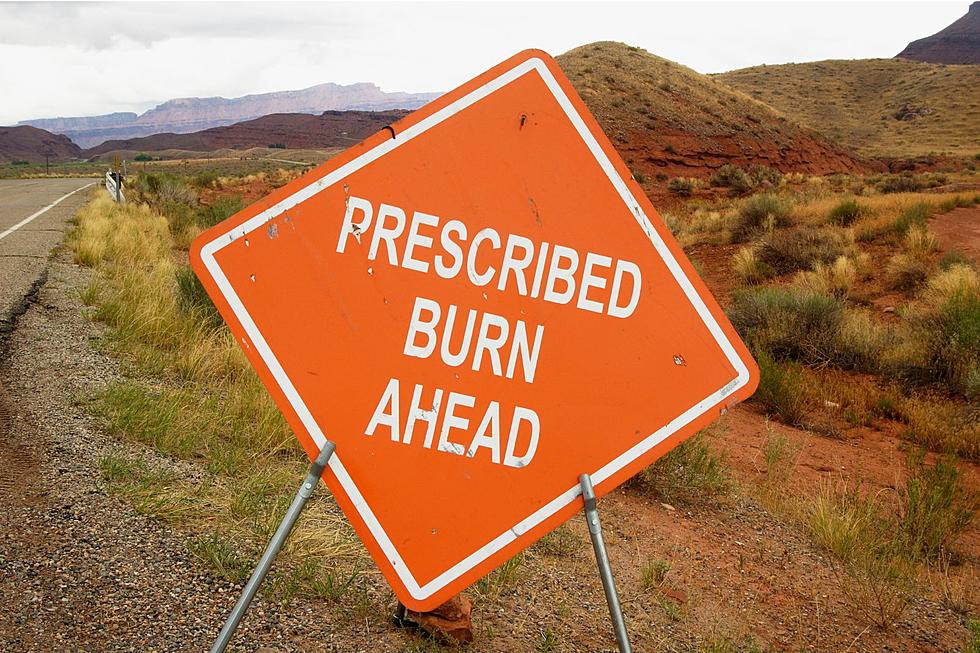
MSU Researcher Investigating Impacts of Wildfires on Water Supplies
Wildfires, an annual problem here in Montana. Seemingly every summer, fires burn up half the state, and some years that's less of an exaggeration than we'd all prefer. We're aware of how the fires cause air quality to take a nose-dive, but what about our water quality?
According to a recent press release from MSU, an assistant professor with the university is taking part in a three-year project headed by the US Forest Service to study how to better protect municipal water supplies and other water systems from the aftermath of wildfires.
Amanda Hohner, an assistant professor with MSU’s Norm Asbjornson College of Engineering, will examine infrastructure and treatment systems used in municipal water supplies, how they can be impacted by wildfires, and how they can be better protected from said impacts in the future.
Here's why the project is so important. Wildfires burn vegetation that would normally keep soil in place. Without that vegetation, an increased amount of soil and sediment, not to mention the ash and other byproducts of the wildfire, gets into the water chain. From there, the elevated levels of sediment and debris can clog, damage and/or overwhelm intakes and filters of treatment systems. That results in either lowering the quality of the water and potentially making it unsafe for consumption, or a loss of service entirely until the issue is remedied.
Hohner's work, combined with the research and efforts of others involved with the project, including researchers with the Forest Service, Oregon State University and Washington State University, will hopefully lead to recommendations on what can be done to improve municipal water systems of all types and sizes.
More From 94.5 Max Country









